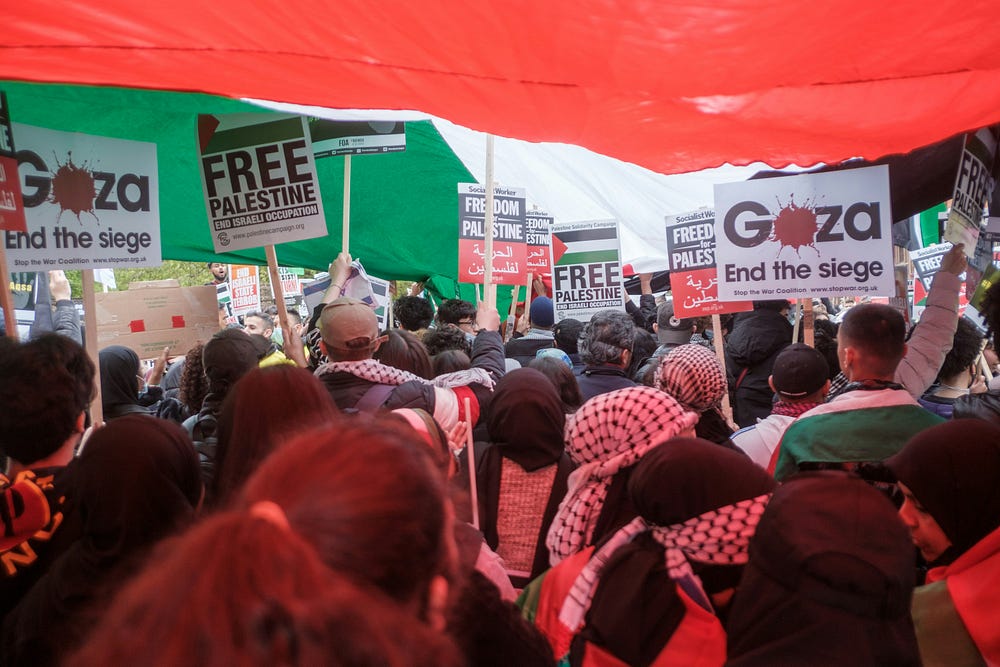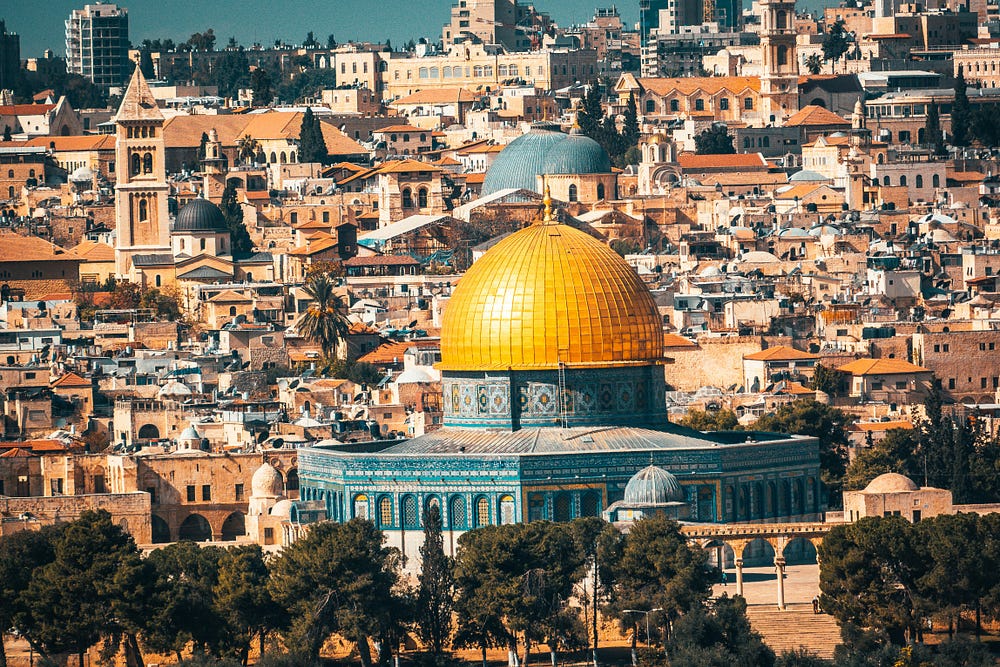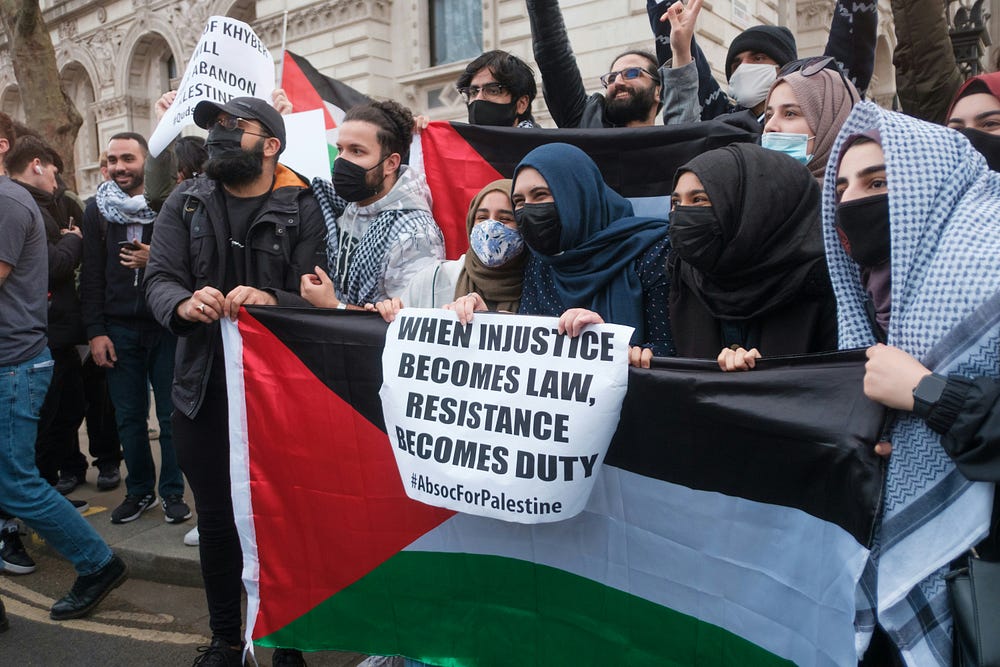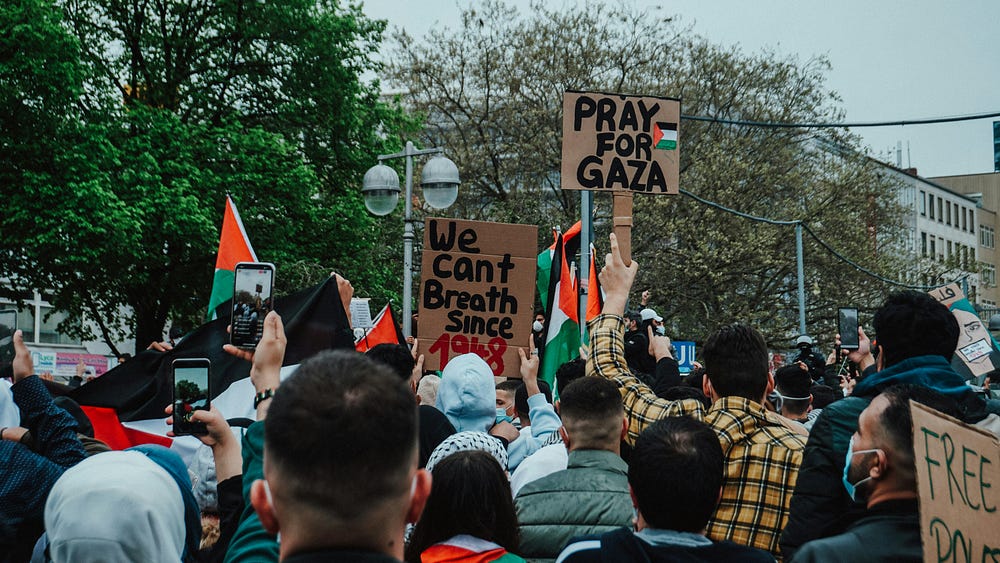Addressing the Humanitarian Crisis in Gaza
Dr Ajaz Afzal Lone ✉

There lies a tragedy of immense proportion in the Gaza Strip, where civilians endure unfathomable suffering amidst the chaos of conflict. The situation is dire, with thousands displaced, makeshift shelters offering scant protection, and necessities like food and medical care becoming increasingly scarce. Against this backdrop of despair, hospitals and clinics, once beacons of hope, are now targets of violence, leaving the most vulnerable without aid. Children, the innocent victims of this crisis, are robbed of their futures as schools and universities lie in ruins. Their dreams are shattered, and they face a reality marred by violence and uncertainty. Yet, amidst this tragedy, the international community has failed to intervene effectively, allowing the suffering to persist unabated.

The scale of the Conflict
Since the conflict’s escalation in 2023, the toll on civilians has been staggering, with at least 27,478 Palestinians, predominantly civilians, having lost their lives and over 66,835 others wounded, including more than 11,500 children. This scale of destruction and loss marks an unprecedented tragedy in the recent history of Israel and Palestine, leaving behind a trail of devastation that will scar generations to come. According to UNRWA, approximately 1.7 million people in Gaza have been forcibly displaced from their homes, representing 75% of the region’s total population of 2.3 million. The majority of Gaza’s residents have been compelled to evacuate, facing the threat of forced displacement, a clear violation of international law and constitutes a war crime. The widespread destruction has rendered many civilians homeless, with limited access to basic services, exacerbating their already dire circumstances.

Violation of Core IHL Principles

In its Advisory Opinion, the International Court of Justice unequivocally stated that direct attacks on civilians, including targeted assaults on journalists, medical personnel, civilians in flight, family residences, hospitals, and commercial establishments, among others, constitute a violation of the cardinal principle of distinction outlined in Rule 1 of IHL. Furthermore, Israel’s imposition of collective punishment on the civilian population of Gaza, through the deprivation of necessities such as fuel, food, and electricity, represents a grave violation of Article 33 of the Fourth Geneva Convention, 1949 which states that no protected person may be punished for an offence he or she has not personally committed. Collective penalties and all measures of intimidation or terrorism are prohibited. Pillage is prohibited. Reprisals against protected persons and their property are prohibited. Likewise, Article 49 of the Fourth Geneva Convention meticulously outlines humanitarian protections for civilians in conflict zones. This provision unequivocally prohibits the occupying power from forcibly transferring its civilian population into the occupied territory, irrespective of their motives. Israel has faced persistent accusations of engaging in such deportations and evacuations in violation of this prohibition. Nonetheless, Article. 43 of the Hague Convention 1907, the occupying power, as per international obligations, must prioritize maintaining public order and safety while respecting local laws. However, the Israeli government’s policy exhibits discrimination against Palestinian citizens, particularly regarding their access to land for housing.


Urgent need for Global Action
Israel’s actions in Gaza blatantly contravene established norms of conduct in armed conflict. Deliberate attacks on civilians and civilian infrastructure, as well as the imposition of a prolonged siege, constitute war crimes and crimes against humanity. Such actions demand accountability and justice. In the face of this humanitarian catastrophe, the global community must act swiftly and decisively. Upholding the principles of humanitarian law is not optional but imperative. It is incumbent upon all nations to condemn these atrocities and ensure that those responsible are held accountable for their actions. As we bear witness to the suffering in Gaza, let us heed the call for compassion and solidarity. Let us work together to end the cycle of violence and build a future where peace and prosperity prevail. The time for action is now, for every moment of inaction prolongs the agony of the innocent.





